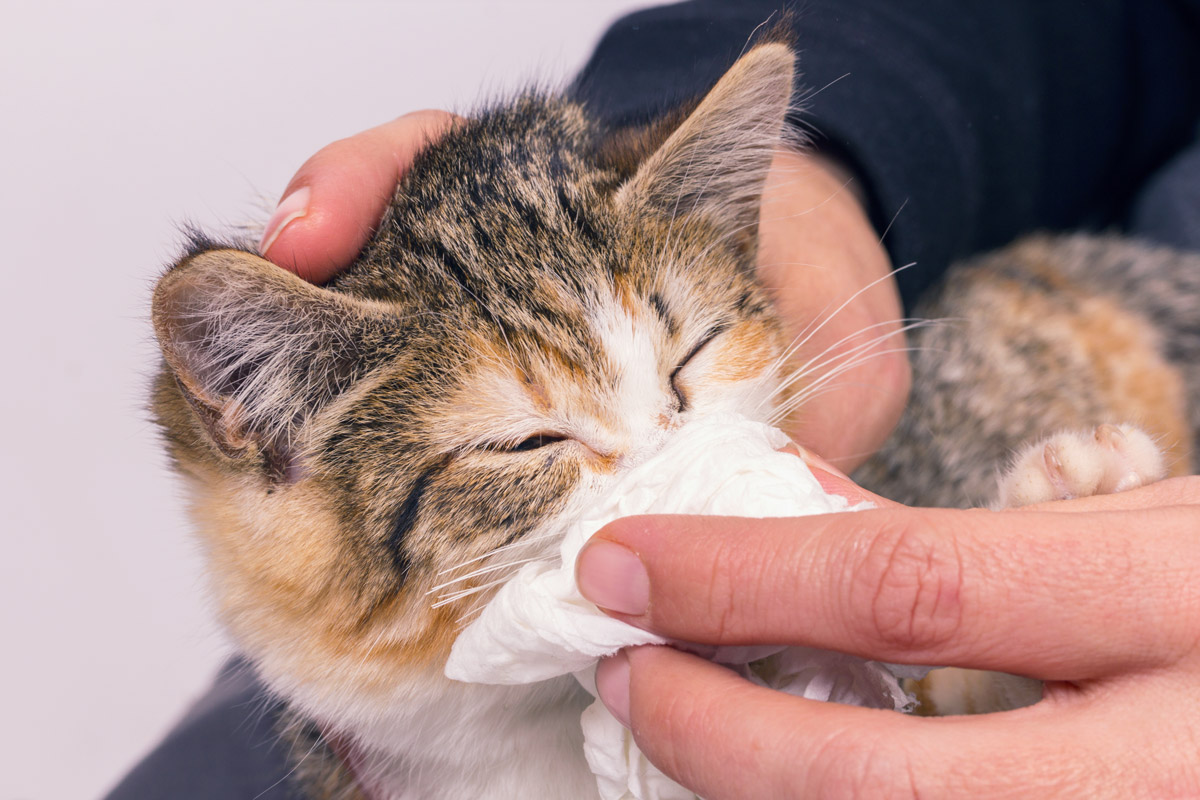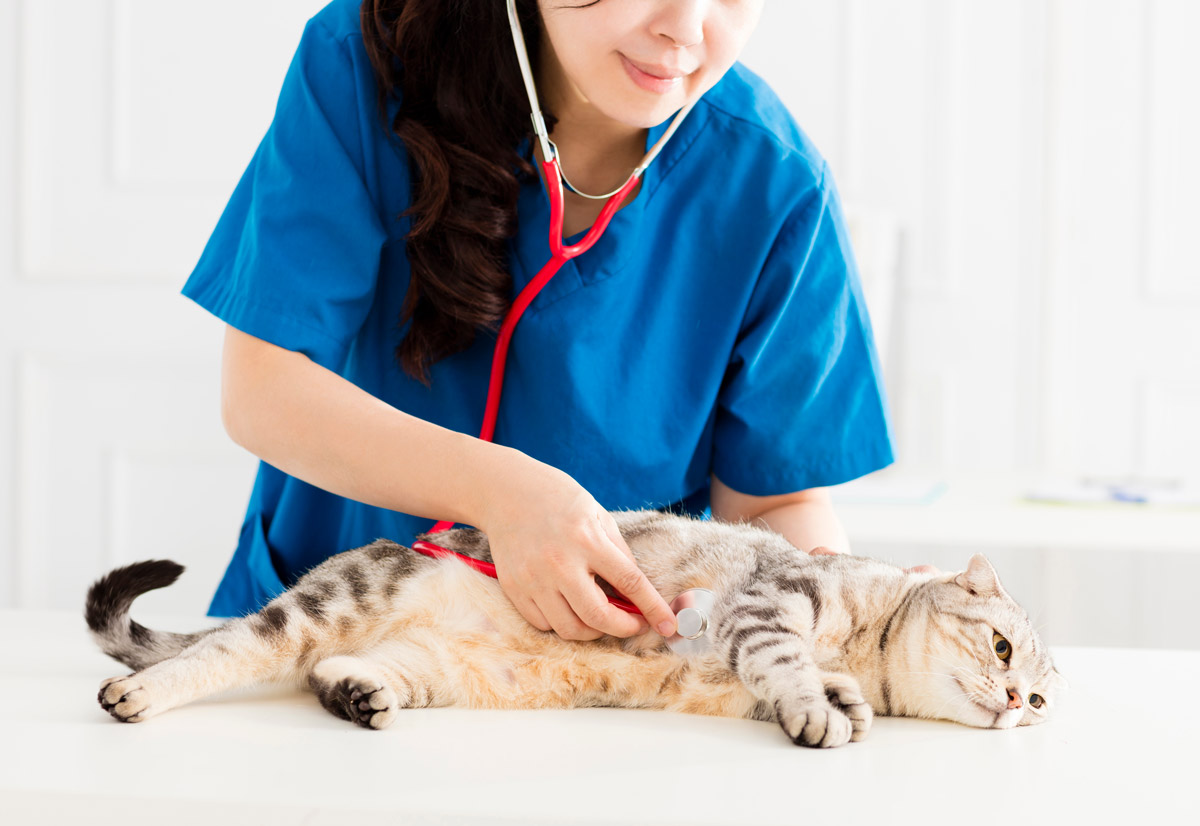Source: fatihhoca on Unsplash
For many owners, the idea of their cat bogged down with the flu is an odd one—but, it’s more common than you think in Singapore! Due to several kinds of viral or bacterial infections, your kitty can come down with a cold, complete with sneezing, a runny nose, coughing and lethargy.
Handling a cat cold may be a long-term process, as in many cases, the symptoms tend to be stubborn and flare-ups are not uncommon. Still, there are plenty of ways to soothe your cat and help them feel as healthy as possible!
Read on as we delve into the possible causes behind the pesky cat flu as well as how to prevent and treat it.
What is cat flu? What causes it?
Around 80% of cases are caused by two viruses: the feline herpesvirus (FHV) and the feline calicivirus (FCV).
The herpesvirus is quite contagious and spreads through the nasal discharge and saliva of an infected cat, as well as through fomites contaminated by the virus. The calicivirus is transmitted the same way, except it is also airborne. Once infected, the virus affects the upper respiratory tract of the cat, resulting in symptoms such as:
- Sneezing
- Runny nose and eyes
- Sore throat
- Cough
- Fever
- Dribbling
- Eye and mouth ulcers
- Muscle and joint pain
- Subdued behaviour
- Loss of appetite
- Weight loss
Unfortunately, a cat infected with the herpesvirus is likely infected for life. What this means, is that your cat may become a ‘carrier’ of the virus, without necessarily being sick or contagious. Certain events such as stress may cause flare-ups of the cat flu, however, it is generally easily managed throughout a cat’s life.
Chlamydophila and Bordetella are bacteria that can cause the cat flu. While chlamydophila usually causes mild symptoms, a cat infected with bordetella will need medical attention as soon as possible, due to its ability to cause chest infections and relatively high mortality rate in kittens.
How is Cat Flu Treated?

Source: javitrapero on Unsplash
If you’ve found out your cat is infected, there is no reason to panic!
Most cats have mild illnesses (or even no symptoms!). Those severely affected tend to be kittens, senior or immunocompromised cats. Regardless of age or health, it is important to take your cat to the vet if you notice any symptoms of cat flu.
Your vet may prescribe antibiotics to fight off secondary infections, or eye drops if your kitty develops conjunctivitis. From there, it is more than likely your vet will recommend you continue your cat’s recovery at home.
Much like human influenza, there is not a specific medication that can eradicate cat flu. Instead, you may aid your cat by helping to relieve their sinuses. Wiping your cat’s nose and mouth with a damp towel or cotton wool may provide relief for your cat. You could even let your kitty in when you’re running a bath as the steamy air may help relieve some congestion.
Next, ensure your cat is receiving good nutrition. Cats may lose their appetite due to their loss of smell, so it is important to take extra care that your cat is eating well. Supplements may go a long way in boosting their immune system as well, to promote a speedier recovery.
Lysine, an amino acid, is used to support immune function in cats. It is an essential amino acid that can slow viral replication, allowing your kitty’s immune system to respond more effectively. It is available in many forms such as powder and flavoured pastes, so your cat can choose one that is most tasty to them!
Let’s Get Vaccinated!

Source: FatCamera on Unsplash
As always, prevention is better than cure. Getting your cat vaccinated against the herpes and caliciviruses is a good way to prevent them falling seriously ill. As with all vaccines, 100% immunity is not guaranteed, but it definitely gives your cat better protection against the virus in Singapore.
The Bottom Line:
Like us, cats are likely to be exposed to such viruses at some point or another. If you’re thinking of adopting a cat that has previously had the cat flu, there is no reason to worry, as long as you’re willing to provide responsible care for your pet if they fall ill from a flu flare-up or any other illness in general.
Cat flu is also non-contagious to humans, so be sure to give your sick kitty all the head-pats and cuddles until they’re ready to be back to their regular, healthy and happy selves!












